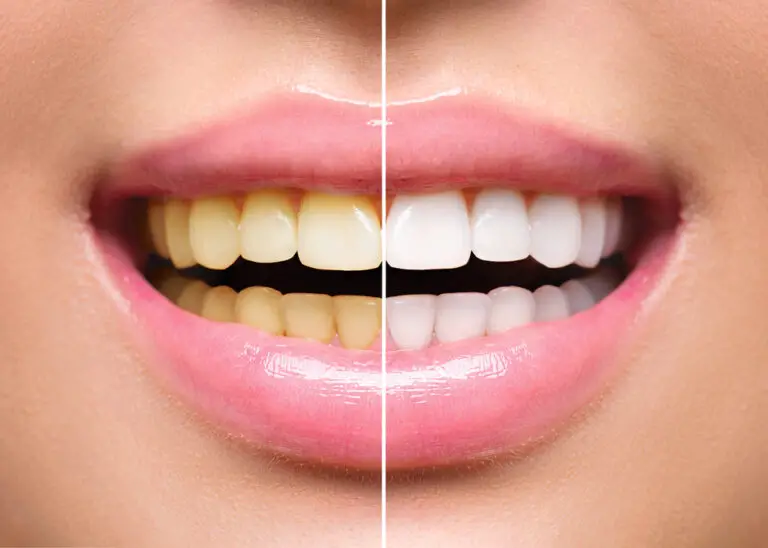In the field of dental restorations, zygomatic implants and dental implants are two widely used options for individuals seeking to regain their smile and improve their overall oral health. While both procedures involve the placement of artificial tooth roots, they differ significantly in terms of their application, surgical process, and suitability for different dental conditions. In this comprehensive guide, we will delve into the intricacies of zygomatic implants and dental implants, exploring their advantages, drawbacks, and the specific circumstances in which each option may be recommended.
What are Zygomatic Implants?

Zygomatic implants, also known as zygoma implants, are a specialized type of dental implant that is anchored in the zygomatic bone, which is one of the most substantial and dense bones in the facial structure. These implants are primarily utilized in cases where individuals have experienced severe bone loss in their upper jaw, rendering them ineligible for traditional dental implants.
The zygomatic bone, located near the cheekbone, provides a sturdy foundation for the implant, enabling it to support a full arch of replacement teeth without relying on the available jawbone. This innovative solution has revolutionized the field of dental restoration, offering a viable option for patients who were previously deemed unsuitable for dental implants due to extensive bone loss.
What are Dental Implants?

Dental implants, on the other hand, are artificial tooth roots that are surgically placed into the jawbone to replace missing teeth. These implants are typically made from titanium or zirconia, materials that are biocompatible and capable of fusing with the surrounding bone through a process called osseointegration.
Once the implant has successfully integrated with the jawbone, a dental crown, bridge, or denture can be attached to the implant, restoring the patient’s ability to chew, speak, and smile with confidence. Dental implants are widely regarded as the gold standard for tooth replacement, offering a durable, natural-looking, and long-lasting solution.
Dental Implants in York are an advanced treatment, which are often considered a better cost-effective solution due to the level of stability and comfort Dental Implant treatment offers. The Implant Dentist in York assesses each Implant case individually to consider possible risks and problems of Implant surgery in advance. They are committed to allowing every customer to have a healthy oral condition
Comparison: Zygomatic Implants vs. Dental Implants
To better understand the differences between zygomatic implants and dental implants, let’s explore their key characteristics:
| Characteristic | Zygomatic Implants | Dental Implants |
| Bone Requirements | Suitable for individuals with severe bone loss in the upper jaw | Require sufficient bone density and volume in the jaw |
| Implant Placement | Anchored in the zygomatic bone (cheekbone) | Placed directly into the jawbone |
| Surgical Complexity | More complex and invasive surgical procedure | Relatively less complex surgical procedure |
| Treatment Duration | Generally shorter treatment duration | Longer treatment duration due to potential need for bone grafting |
| Cost | Typically more expensive than traditional dental implants | Cost may vary based on the number of implants and additional procedures required |
| Suitability | Ideal for individuals with severe bone loss or anatomical defects | Suitable for individuals with adequate bone density and volume |
Advantages of Zygomatic Implants
- Eliminates the Need for Bone Grafting: In cases where the jawbone has experienced significant deterioration, zygomatic implants eliminate the need for complex and time-consuming bone grafting procedures, as they rely on the zygomatic bone for support.
- Immediate Functionality: Zygomatic implants often allow for immediate loading, meaning that temporary prosthetic teeth can be attached to the implants immediately after surgery, restoring the patient’s ability to chew and speak right away.
- Fewer Surgical Procedures: By bypassing the need for bone grafting, zygomatic implants typically require fewer surgical interventions, reducing the overall treatment time and potential discomfort for the patient.
- Improved Quality of Life: Zygomatic implants can significantly improve a patient’s quality of life by restoring their ability to eat, speak, and smile with confidence, particularly in cases where traditional dental implants are not an option.
Advantages of Dental Implants
- Natural Appearance and Function: Dental implants are designed to mimic the appearance and function of natural teeth, providing a seamless and aesthetically pleasing restoration.
- Long-Lasting Solution: With proper care and maintenance, dental implants can last for decades, making them a durable and cost-effective solution in the long run.
- Preserves Jawbone Integrity: Dental implants stimulate the jawbone, helping to preserve its density and structure, preventing further bone loss and supporting the overall health of the surrounding teeth and gums.
- Versatility: Dental implants can be used to replace a single tooth, multiple teeth, or even an entire arch of missing teeth, offering a versatile solution for various dental conditions.
- Improved Oral Health: By replacing missing teeth, dental implants help to maintain proper bite alignment, prevent shifting of the remaining teeth, and facilitate easier cleaning, contributing to improved overall oral health.
When to Consider Zygomatic Implants

Zygomatic implants are primarily recommended in the following situations:
- Severe Bone Loss in the Upper Jaw: When individuals have experienced significant bone loss in the upper jaw due to conditions such as advanced periodontal disease, trauma, or congenital defects, zygomatic implants provide a viable solution for restoring their dental function and aesthetics.
- Failed Bone Grafts: In cases where previous attempts at bone grafting have been unsuccessful or are contraindicated, zygomatic implants offer an alternative approach without the need for additional grafting procedures.
- Anatomical Limitations: Zygomatic implants may be recommended for individuals with anatomical limitations, such as a narrow or shallow sinus cavity, where traditional dental implants may not be suitable.
When to Consider Dental Implants
Dental implants are generally recommended in the following scenarios:
- Sufficient Bone Density and Volume: When individuals have adequate bone density and volume in their jawbone, dental implants can be placed directly into the bone, providing a stable foundation for the replacement teeth.
- Single or Multiple Tooth Replacement: Dental implants are an excellent option for replacing one or more missing teeth, restoring both function and aesthetics.
- Full Arch Replacement: For individuals who require the replacement of an entire arch of missing teeth, dental implants can support a fixed bridge or an implant-supported denture, improving stability and comfort.
- Maintenance of Oral Health: Dental implants help to preserve the integrity of the jawbone and surrounding teeth, contributing to overall oral health and preventing further complications.
Conclusion
In conclusion, both zygomatic implants and dental implants offer remarkable solutions for restoring missing teeth and improving oral health. While dental implants are the preferred option for individuals with sufficient bone density and volume, zygomatic implants provide a game-changing alternative for those with severe bone loss or anatomical limitations.
Ultimately, the decision between zygomatic implants and dental implants should be made in consultation with an experienced dental professional who can evaluate your specific dental condition, discuss your goals and expectations, and recommend the most suitable treatment plan tailored to your individual needs.
FAQ
- Are zygomatic implants removable?No, zygomatic implants are designed to be a permanent solution and are firmly anchored in the zygomatic bone. They are not intended to be removed or replaced once they have successfully integrated with the surrounding bone.
- How long does the zygomatic implant procedure take?The duration of the zygomatic implant procedure can vary depending on the complexity of the case and the number of implants required. Generally, the surgical process takes several hours and may require an overnight hospital stay for monitoring and observation.
- Is the zygomatic implant procedure painful?Like any surgical procedure, some discomfort and swelling can be expected after the zygomatic implant surgery. However, proper pain management techniques and medications prescribed by your dental professional can help minimize discomfort during the recovery period.
- How long do dental implants last?With proper care and maintenance, dental implants can last for many years, often for the lifetime of the patient. The longevity of dental implants depends on factors such as oral hygiene, bite forces, and the overall health of the individual.
- Can dental implants be rejected by the body?While rare, it is possible for the body to reject dental implants. This phenomenon, known as implant failure, can occur if the implant does not properly integrate with the surrounding bone or if the body perceives the implant as a foreign object and initiates an immune response. Proper surgical technique and adherence to post-operative care instructions







